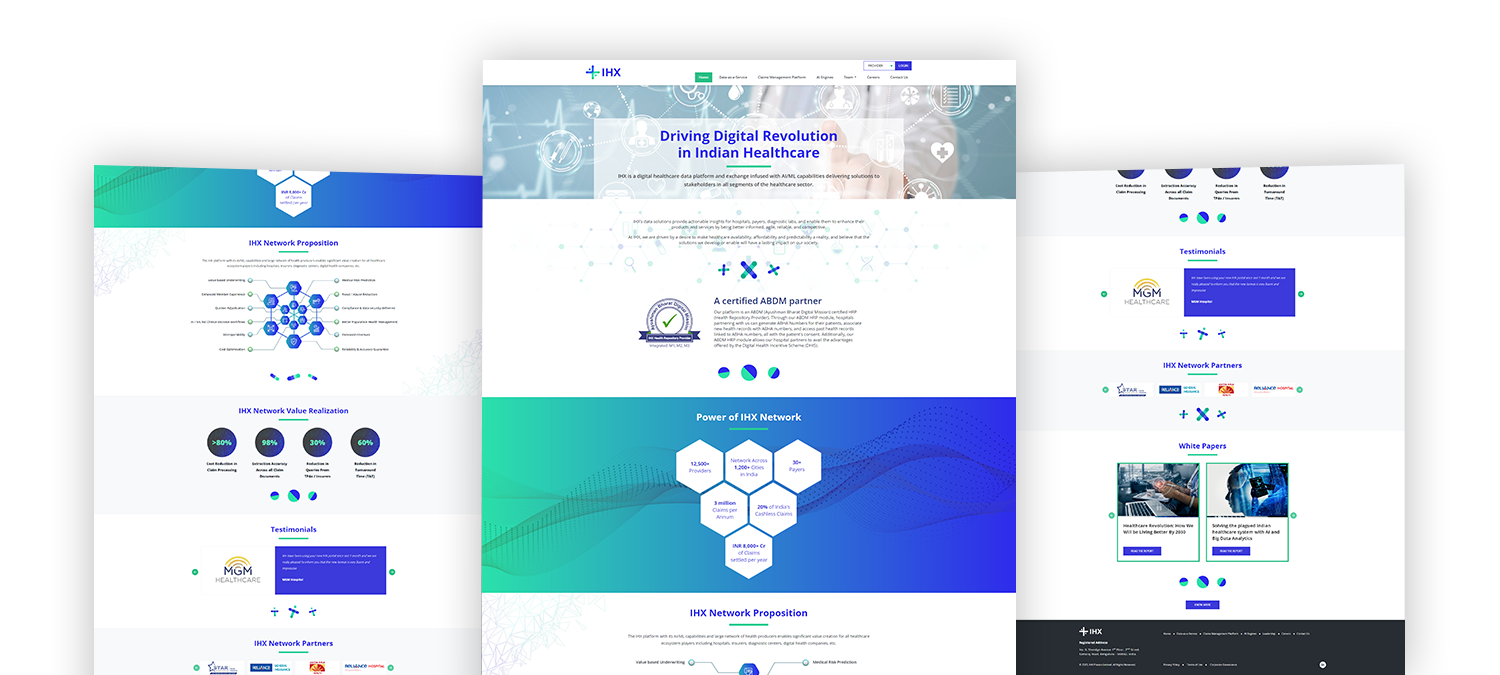
The primary goal of the Healthcare Data Platform was to create a digital portal that could facilitate the uploading, processing, and verification of medical documents related to health insurance claims.
Build Your ProjectDeveloping a system for hospitals to scan and upload medical receipts and prescriptions directly to a digital portal. Implementing an ML/AI model to automatically extract and store information from uploaded documents into a database. Establishing a review portal where human verifiers could ensure the accuracy of the extracted data before final approval.
In the healthcare industry, managing insurance paperwork can be cumbersome and time-consuming, often involving extensive manual efforts from multiple parties. Recognizing the inefficiencies embedded in traditional processes, the project aimed to digitize and streamline the handling and processing of health insurance documents. This transformation was targeted at reducing human error, speeding up claim processing, and enhancing the overall experience for patients and healthcare providers.
The project was divided into several key phases. Development of Upload Portal: Hospitals were provided with tools to scan and directly upload medical documentation to the digital portal. This was designed to be user-friendly to encourage quick adoption. Implementation of AI/ML Model: An advanced machine learning model was developed to automate the extraction of relevant data (like patient name, services rendered, costs, etc.) from the scanned documents. This model aimed to minimize the need for manual data entry and reduce processing times.


Review and Verification Portal: A separate portal was set up for staff to review the accuracy of the extracted data. This included functionality to manually correct any discrepancies or missing information, ensuring the integrity of the data before submission.
The importance of ongoing training and development for AI models to handle diverse datasets. Continuous engagement with end-users (hospital staff) is crucial for ensuring the system meets their needs and is used effectively. Implementing a phased rollout of the system can help manage change more effectively and identify potential issues early in the process.
Get a free QuoteDespite initial challenges, the project successfully transformed the insurance claim documentation process. The digital portal significantly reduced the time required to process claims, from several weeks to a few days. The accuracy of document processing improved over time as the AI model was refined, reducing the burden on review staff and decreasing the incidence of errors in claims.


